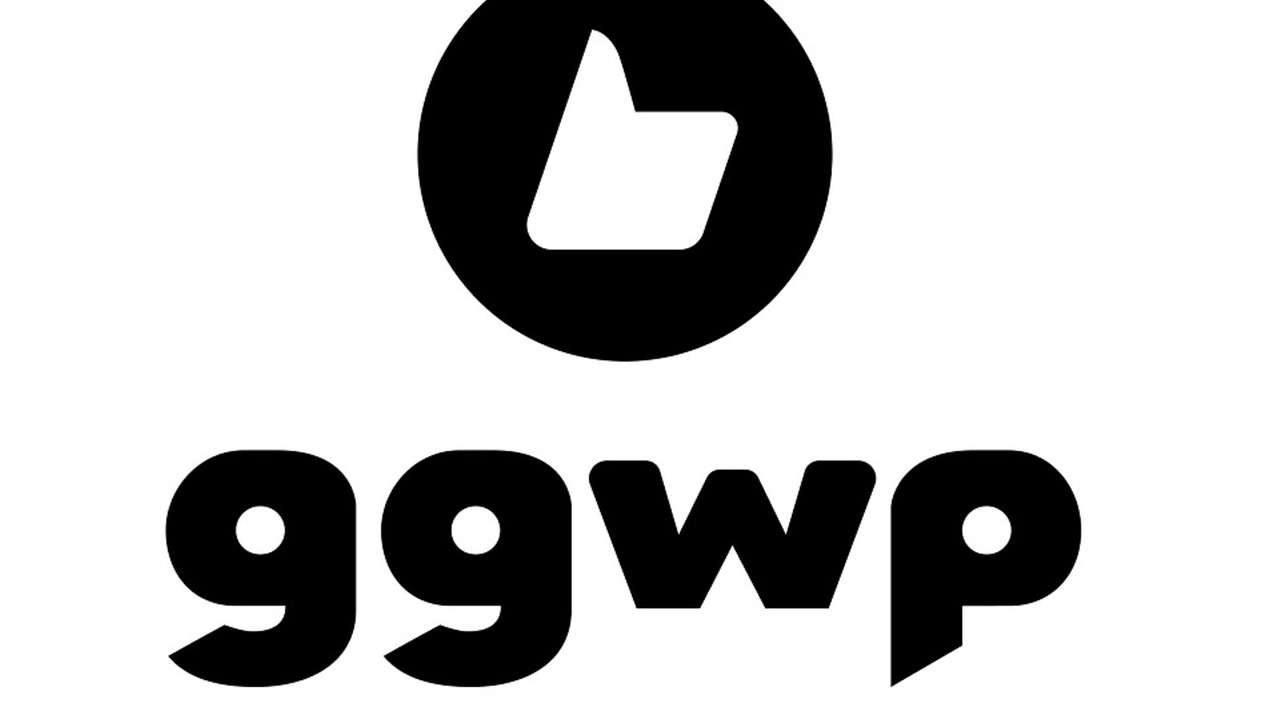Trending
Opinion: How will Project 2025 impact game developers?
The Heritage Foundation's manifesto for the possible next administration could do great harm to many, including large portions of the game development community.
Developers now have free (and full) access to moderation platforms to better curb player toxicity.

Developer GGWP is granting other studios free access to its AI-based moderation platform for video games.
As noted in the press release, some triple-A developers have been using these tools since GGWP provided limited access to its platform last year. By switching to a free model, GGWP CEO Denns Fong hopes "the whole industry will join us on our mission to help make our game communities safe and enjoyable social spaces.”
For developers, the press release notes that pricing is "pay-as-you-go" (and flexible), and doesn't have any prerequisites. GGWP's platform includes player reports and usernames, and additional contextual factors such as a player's skill and whether they're playing public or private matches with friends.
The free access comes alongside GGWP's newly raised $10 million in seed funding from the likes of Samsung Ventures and SK Telecom Ventures. That funding will be used to continue its relationship with both triple-A developers and smaller studios.
Moderation has notably been a talking point for several game developers in the last few years.
Microsoft, especially, has made active efforts to make its Xbox ecosystem a safer place for players. For online games especially, bad in-game behavior and a lack of real moderation can hurt it and its developer's reputation as much as (if not more than) than server issues.
Sometimes, toxic players turn their attention from other members of their game communities to the developers. Earlier in the month, Bungie won a court case against one Jesse James Comer, who'd been harassing a Destiny 2 community manager after the studio promoted artwork created by a Black fan.
Comer reportedly targeted the community manager (known in the court documents as D. Doe) in what was described as "a campaign of racist, stochastic terrorism" against both them and the studio. Comer's actions affected both Doe, their family, and other Bungie community members.
The Washington court ruled in Bungie's favor, ordering Comer to pay nearly $500,000 in damages. Kathryn Tewson, who helped identify Comer, added that the court "created a path for those with the resources to identify stochastic terrorists and hold them accountable to do exactly that and recover their costs in court."
You May Also Like